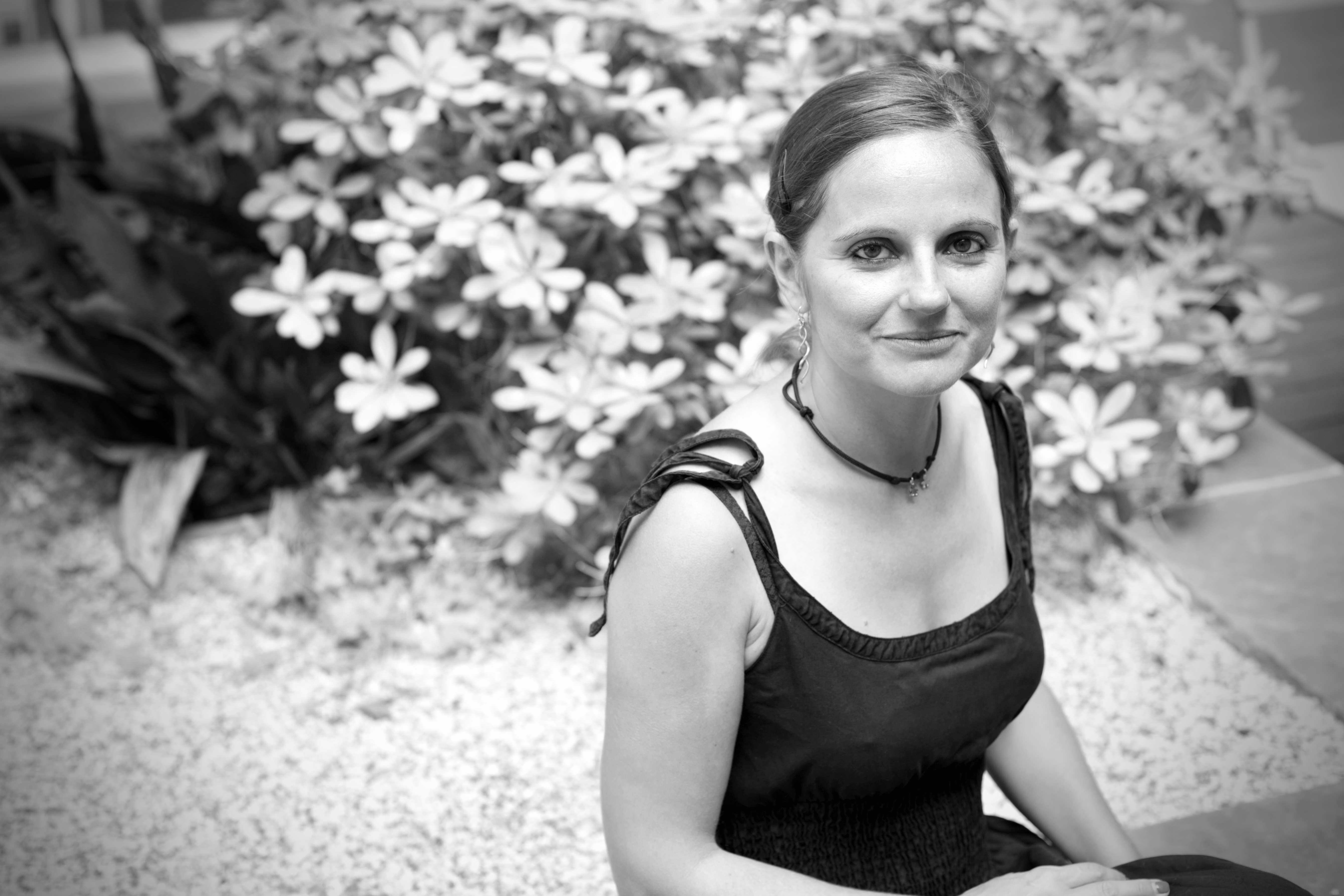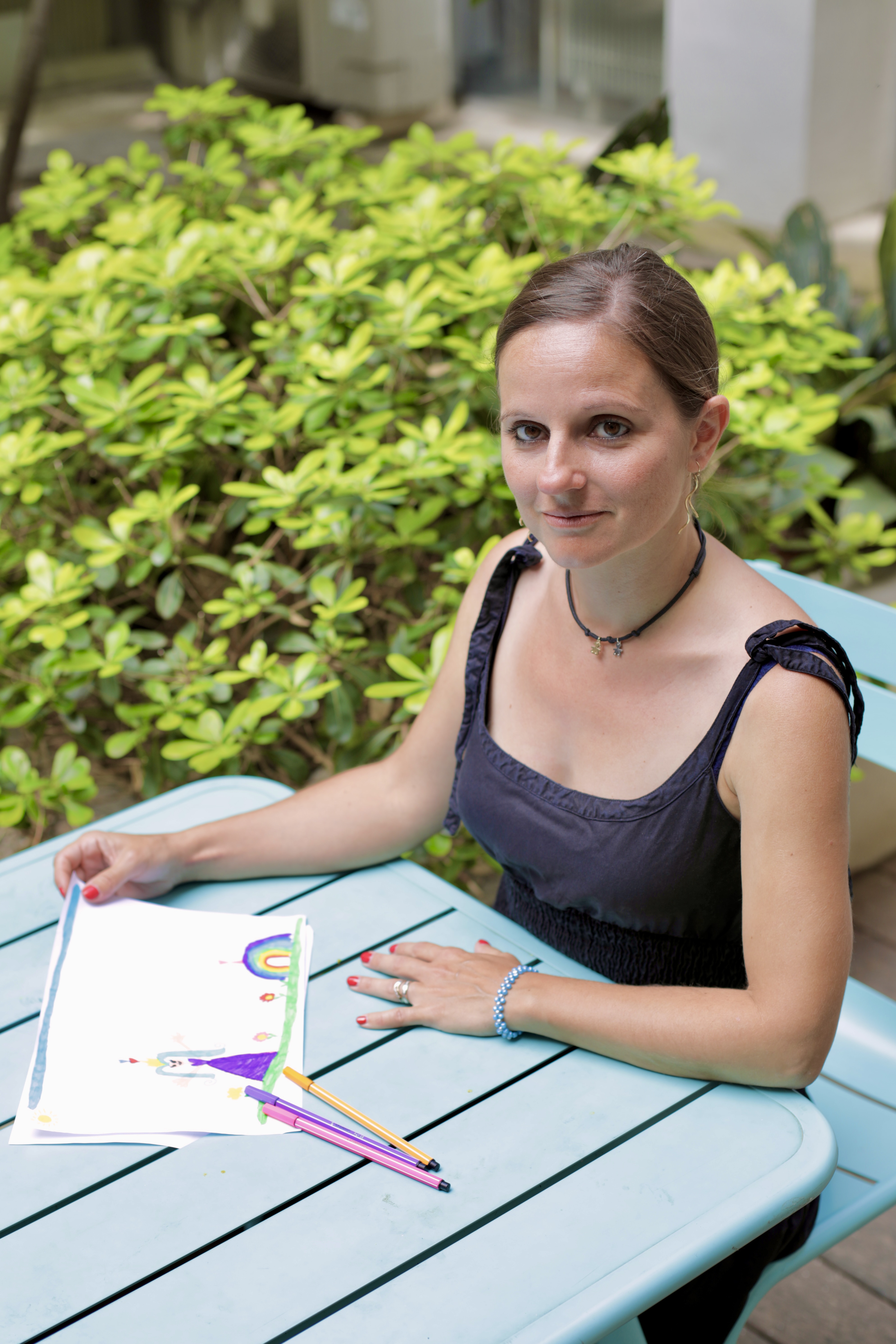Published on April 17, 2025
–
Updated on April 17, 2025
Dates
on the April 7, 2025

As part of World Creativity and Innovation Day, on April 21, 2025, discover the portrait of Michela Chessa, teacher-researcher at the Université Côte d'Azur and member of GREDEG. Her research focuses on the impact of human behavior on green innovation, particularly in the creation of innovative, environmentally-friendly products.
Her background:
Michela Chessa is a teacher-researcher at the Université Côte d'Azur and a member of GREDEG, a research group in law, economics and management.
Her academic career began after studies in economics and applied mathematics, where she gradually focused her research on issues linked to sustainable innovation and behavioral economics.
In particular, she is interested in how our behaviors influence economic and strategic decisions in complex environments.
Michela Chessa is a teacher-researcher at the Université Côte d'Azur and a member of GREDEG, a research group in law, economics and management.
Her academic career began after studies in economics and applied mathematics, where she gradually focused her research on issues linked to sustainable innovation and behavioral economics.
In particular, she is interested in how our behaviors influence economic and strategic decisions in complex environments.

For Michela, research has always been a choice motivated by a passion for understanding human dynamics: "It was during my Master's thesis in the Netherlands that I knew research was the path for me. I discovered the importance of analyzing how people make decisions, particularly when it comes to innovation and sustainability. "
Her research:
In recent years, environmental concerns have driven companies to specialize in environmentally-friendly products and services, through green innovation. But before reaching this phase of innovation, there is a key step: green creativity. This involves generating new, useful ideas that optimize resources and minimize ecological impact. It is this creative process that lays the foundations for green innovation, which in turn translates into concrete applications: the creation of products, services or processes that have a low impact on the environment while responding to today's ecological challenges.
Michela's project, entitled GRLCRIS, aims to better understand the relationship between creativity and green innovation, by integrating behavioral variables. The project addresses three central questions:
- How do different forms of creativity contribute to green innovation compared to traditional innovation?
- Does the risk aversion of creative agents help or hinder green innovation?
- Are certain social and organizational contexts more conducive to green innovation?
Her inspiration:
Michela draws her inspiration from her exchanges with researchers from all horizons, as well as from her everyday environment. "I like to listen to more experienced researchers, but also to young researchers full of enthusiasm. They often have fresh and interesting ideas that motivate me to continue my research. "
Scientific mediation:
Michela is also involved in scientific mediation. She considers it crucial to make research accessible to all. "Science can seem distant and reserved for specialists. Yet it's essential to share our discoveries with the general public, so that they understand that research is part of their daily lives and directly influences environmental choices. "
You can meet her at an open-air exhibition, visible at the Jardin Wilson in Nice (4 Allée Sandro Pertini), from February to March 2025. Through nine portraits of Côte d'Azur female researchers, winners of the Agence Nationale de la Recherche award, discover their inspiring careers and research topics. These researchers have agreed to play the game of scientific mediation. You'll discover them accompanied by an object of their choice to introduce their research topic. The aim of the exhibition is to raise public awareness of the essential role played by women in science, and to encourage young girls and boys to take up a scientific career.
Michela's research has very concrete practical implications for sustainable innovation. This project could also influence the way in which public policy and business approach innovation for sustainable development.
Michela emphasizes the importance of interaction between research and policy-makers. "To solve environmental challenges, it's essential that science and politics talk to each other. Researchers can provide valuable insights that help steer collective choices towards a more responsible future. "
Curious to find out more? Find out more about her interview and research project !



